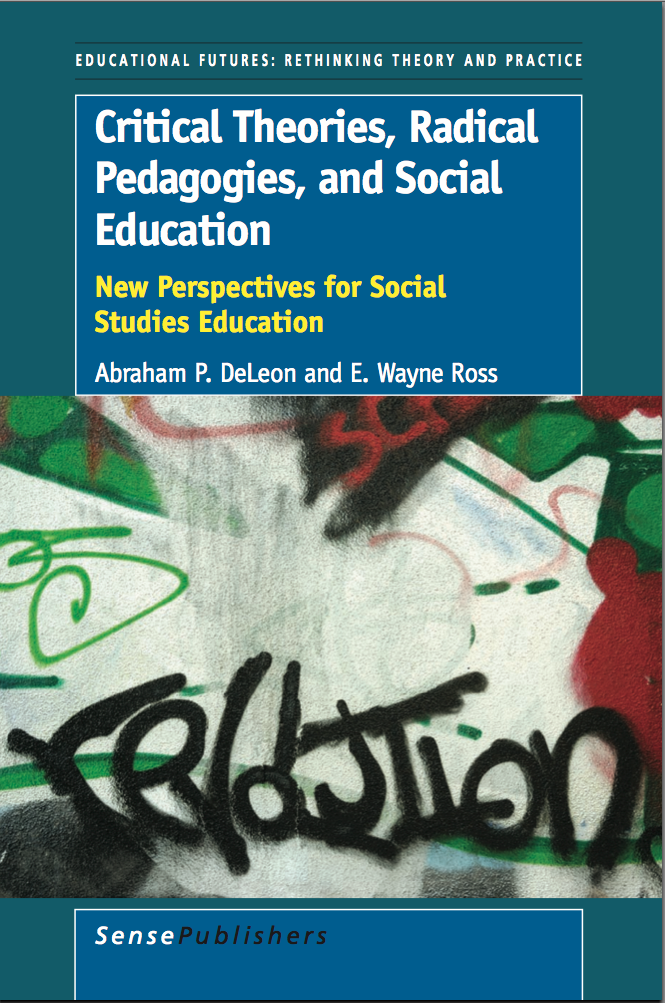Call for Chapters/Chapter Proposals
Book: Children’s Human Rights and Public Schooling in the United States
Editor:
J. Hall, Associate Professor of Sociology
D’Youville College, Buffalo, NY USA
Under Contract with Sense Publishers
Foreword by Christine Sleeter
Book Description
This volume draws attention to serious human rights violations taking place among children in the US, and the fact that public schools are in many cases implicated in these breaches. The definition of “children’s human rights” under consideration is taken directly from the UN Convention on the Rights of the Child [CRC]. More countries have ratified the CRC than any other human rights treaty in history, with only Somalia and the United States yet to ratify this agreement. The CRC is critiqued for its Judeo-Christian bias, and like most conventions put out by the UN, it is not enforceable, and is routinely violated by ratifying nations. The refusal of the US to ratify the CRC has weakened the efforts of those who advocate for children’s human rights as a political concept, both worldwide and in the US (e.g. Ensalaco & Majka, 2005).
The premise behind the CRC is that there are significant vulnerabilities related to childhood that require a special set of protections, especially when it comes to the young from marginalized groups. As outlined in the convention, all children have the right to protection from physical and mental violence and mistreatment. It is also contended that schools be free of violence, and that school discipline be based on the dignity of the child. This volume will address the incongruence between these specific state responsibilities in the CRC and the realities of life in public schools in the US.
Clarifying ways in which US public schools are in direct violation of the high profile CRC may help draw more interdisciplinary attention to already existing work on education inequality. A coalition of those in education, government, NGOs, non-profits, human rights advocacy, law, health care, social work, child development, and those who care about preserving the public must push back against the UN P5, IMF/World Bank, and transnational policy networks (e.g. World Economic Forum, World water Forum) that protect markets instead of human rights (Goldman, 2006). This volume provides a way to enter this conversation.
Contributing chapters –- from a broad range of interdisciplinary perspectives — are sought in the following two areas, each of which are directly reflective of specific protective promises made to children in the CRC (the editor will be responsible for making particular connections to the CRC):
*Schoolchildren as Vulnerable Populations. Seeking research on the schooling experiences of US children who are impoverished, live in isolated urban/rural areas, those from culturally marginalized groups, those with transient lifestyles, those who are migrant workers, refugees, those with disability, those engaged with issues related to sexual orientation, etc.
*Violence, Punishment, and the Juvenile Justice System among Schoolchildren. Seeking research on the schooling experiences of US children who bear witness to domestic and street violence; the school to prison pipeline; the juvenile justice system; metal detectors, zero tolerance policies, searches in schools, and other forms of surveillance and criminalization; the militarization of schooling; types of punishments experienced by children in schools, etc.
Process for Chapter Proposals
Submit the following:
a) Proposed title of chapter
b) Authors, with complete addresses and 150 biography for each author
c) 300-word outline of proposed chapter, including, where applicable, theoretical, methodological, and conceptual considerations
d) To J. Hall jhalledu@yahoo.com
e) By October 1, 2011.
*final chapter requirements: times new roman 12 pt. font., APA 6th edition, and approx. 25 pp. double-spaced, by January 1, 2012
For questions or queries, contact J. Hall at <a href=:mailto:jhalledu@yahoo.com”>jhalledu@yahoo.com</a>
